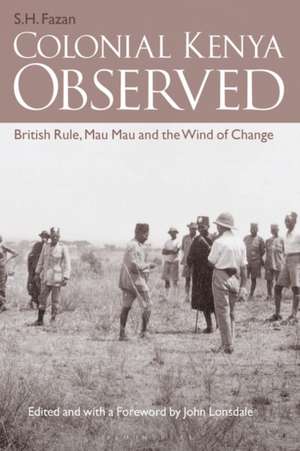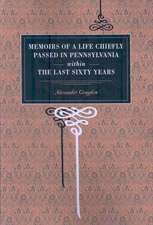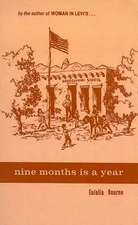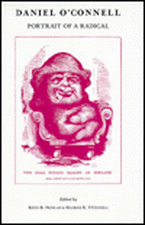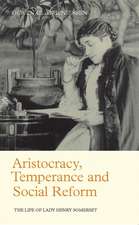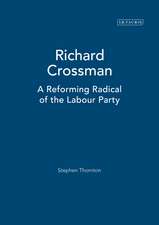Colonial Kenya Observed: British Rule, Mau Mau and the Wind of Change
Autor S. H. Fazanen Limba Engleză Paperback – 18 mar 2020
Preț: 229.17 lei
Preț vechi: 291.19 lei
-21% Nou
Puncte Express: 344
Preț estimativ în valută:
43.85€ • 46.89$ • 36.56£
43.85€ • 46.89$ • 36.56£
Carte tipărită la comandă
Livrare economică 18 aprilie-02 mai
Preluare comenzi: 021 569.72.76
Specificații
ISBN-13: 9781350155367
ISBN-10: 1350155365
Pagini: 408
Ilustrații: 1 bw illus, 16pp bw plates
Dimensiuni: 156 x 234 mm
Greutate: 0.59 kg
Editura: Bloomsbury Publishing
Colecția Bloomsbury Academic
Locul publicării:London, United Kingdom
ISBN-10: 1350155365
Pagini: 408
Ilustrații: 1 bw illus, 16pp bw plates
Dimensiuni: 156 x 234 mm
Greutate: 0.59 kg
Editura: Bloomsbury Publishing
Colecția Bloomsbury Academic
Locul publicării:London, United Kingdom
Notă biografică
S.H. Fazan was a Provincial Commissioner in Kenya. A classical scholar of Christ Church, Oxford, in 1911 he sailed to British East Africa (Kenya) where he worked continuously for the next thirty-one years in agricultural development in Africa, being latterly also an ex-officio member of the Legislative Council. He returned to Kenya between 1949 and 1963, and his most notable appointments during these years were as Defence Secretary, member of the Mau Mau Detainees Appeals Tribunal and the Committee for the Study of the Psychological Causes of Mau Mau. John Lonsdale is a Fellow of Trinity College, Cambridge, and University Reader in African History, University of Cambridge.
Cuprins
The AuthorPrefaceA Note on NamesPART ONE: BRITISH EAST AFRICA. 1. Historical Background 2. Early Days of the Protectorate3. First Impressions4. Races and migrations 5. The First World War PART TWO: THE COLONY DURING THE INTER-WAR YEARS 6. The Coast7. Principal Events and Politics8. Changes PART THREE: GOVERNMENT IN THE AFRICAN LANDS 9. The Field Administration 10. African Authorities PART FOUR: LAND 11. Agrarian Problems of the African Lands 12. The White Highlands PART FIVE: THE LATER COLONIAL PERIOD13. The Second World War14. Post-war Settlement and Kikuyu Politics 15. The Mau Mau Revolt 16. Economic DevelopmentPART SIX: TOWARDS INDEPENDENCE 17. The Lancaster House Conference and the End of the Colony 18. The Wind of Change APPENDIX I: POLICY AND THEORYAPPENDIX II: AFRICAN LAWS AND CUSTOMS
